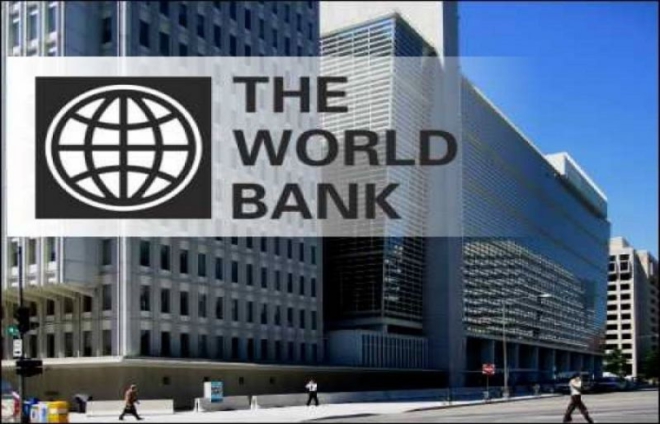Ghana’s fiscal consolidation dependent on budget control weaknesses – World Bank
The World Bank has stated that Ghana’s fiscal consolidation achievement hinges on addressing long-standing revenue mobilisation and budget control weaknesses while scaling up social spending to support the poor and vulnerable groups.
The country is forecasting a 4.7% fiscal deficit of Gross Domestic Product with a corresponding primary surplus of 0.5 percent of GDP. This is underpinned by measures aimed at generating an additional 1.0% of GDP in revenues while keeping expenditures stable.
The target is to achieve a primary deficit of almost 6 percentage points of GDP during 2023-26, raising revenue from 15.7% of GDP to 18.0% and reducing spending from 27.5% of GDP to about 21%.
The World Bank pointed out in its 8th Ghana Economic Update 2024 that expenditure must be contained while preserving growth-enhancing public investment and expanding social safety nets such as the Livelihood Empowerment Against Poverty (LEAP) programme and the Ghana School Feeding Program (GSFP).
Over the medium term, it stressed that efficiencies in public programmes and reduced energy sector subsidies will generate additional savings.
“To reach and sustain Ghana’s economic potential, fiscal weaknesses that threaten future macroeconomic crisis need to be addressed. This can be achieved through revenue mobilization and expenditure management, and structural reforms to promote robust and inclusive growth.”
Ghana to rely on multilateral, bilateral lenders until 2027
Until 2027, the World Bank said Ghana will rely mainly on multilateral and other bilateral lenders for external financing because of its lack of international market access.
Importantly, Ghana’s macroeconomic outlook is subject to significant downside risks, contingent upon the successful completion of comprehensive debt restructuring and the achievement of the monetary and fiscal targets under the IMF programme.
It added that persistently high inflation despite monetary tightening by the Bank of Ghana, poses a challenge.
It warned that spending pressures prior to the elections in 2024 may affect fiscal discipline.



